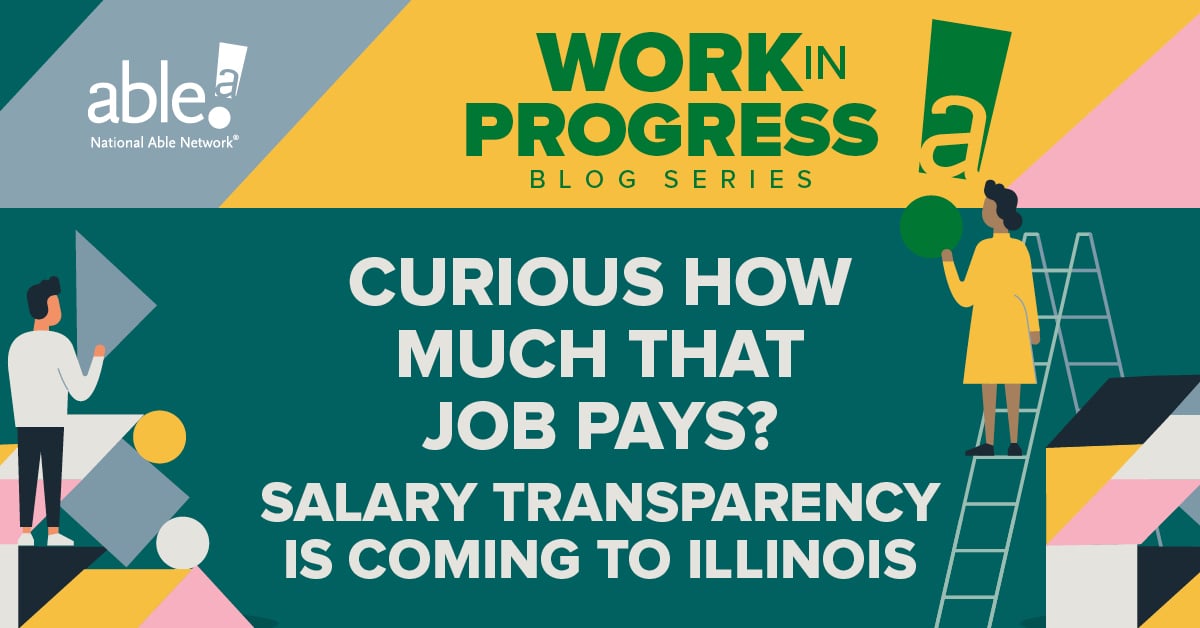Outside of “will I get the job?” the most burning question jobseekers ask is “how much will it pay?” It’s an important question, too, because it’s crucial to know whether your career move or new job comes with a pay bump or a pay cut.
Salary is usually negotiated, but not until the end of the interview process. Knowing how much a position pays before even applying not only saves time — it can help workers gauge their own positions relative to where they want to be and can help foster pay equity among similarly-skilled employees. Disclosing a job’s salary is known as salary transparency, and so far, it has not been widely accepted among employers.
But in 2023, Illinois took one step closer to salary transparency when Governor J.B. Pritzker signed into law an amendment to the Illinois Equal Pay Act that will require employers to disclose salary ranges of most jobs. The change in the law will go into effect January 1, 2025.
Several other states have already enacted similar laws, such as California, Colorado, and New York. Illinois’ version of the law will require employers with 15 or more employees to include wage, salary, or salary range and a description of benefits (i.e., incentives, stock options, etc.) in job postings.
According to payroll firm ADP, an effective salary transparency system has several benefits: trust, talent acquisition, retention, productivity, and pay equity.
When employees know how pay is calculated or decided, it can build trust with management that everyone is being evaluated fairly. This also applies towards talent acquisition: by being transparent about salary expectations from the employer side, qualified candidates will be more inclined to apply. Retention is another area that is positively affected by transparency. If employees know what it takes to achieve a certain pay band or raise, they won’t be left guessing and could remain in their positions with clear-cut goals that will help them get promoted.
Perhaps most importantly, pay equity is advanced through transparency. This is an important point, especially at National Able Network where our new mission statement is “Workforce Solutions and Career Pathways for an Equitable Future.” Able is committed to advancing pay equity, and in fact our programs do exactly that. Our signature program, the IT Career Lab, has outstanding outcomes — one of which is ensuring that students obtain well-paying, family sustaining employment.
Pay equity is another way of saying that similarly qualified people working the same job should get paid a similar wage. Transparency in this regard is crucial to ensuring that is the case. It gives workers the leverage to compete for a fair wage commensurate with their experience.
Illinois’ law won’t come into effect for another 15 months. But in the meantime, job seekers can be heartened to know that pay clarity is on the horizon.

